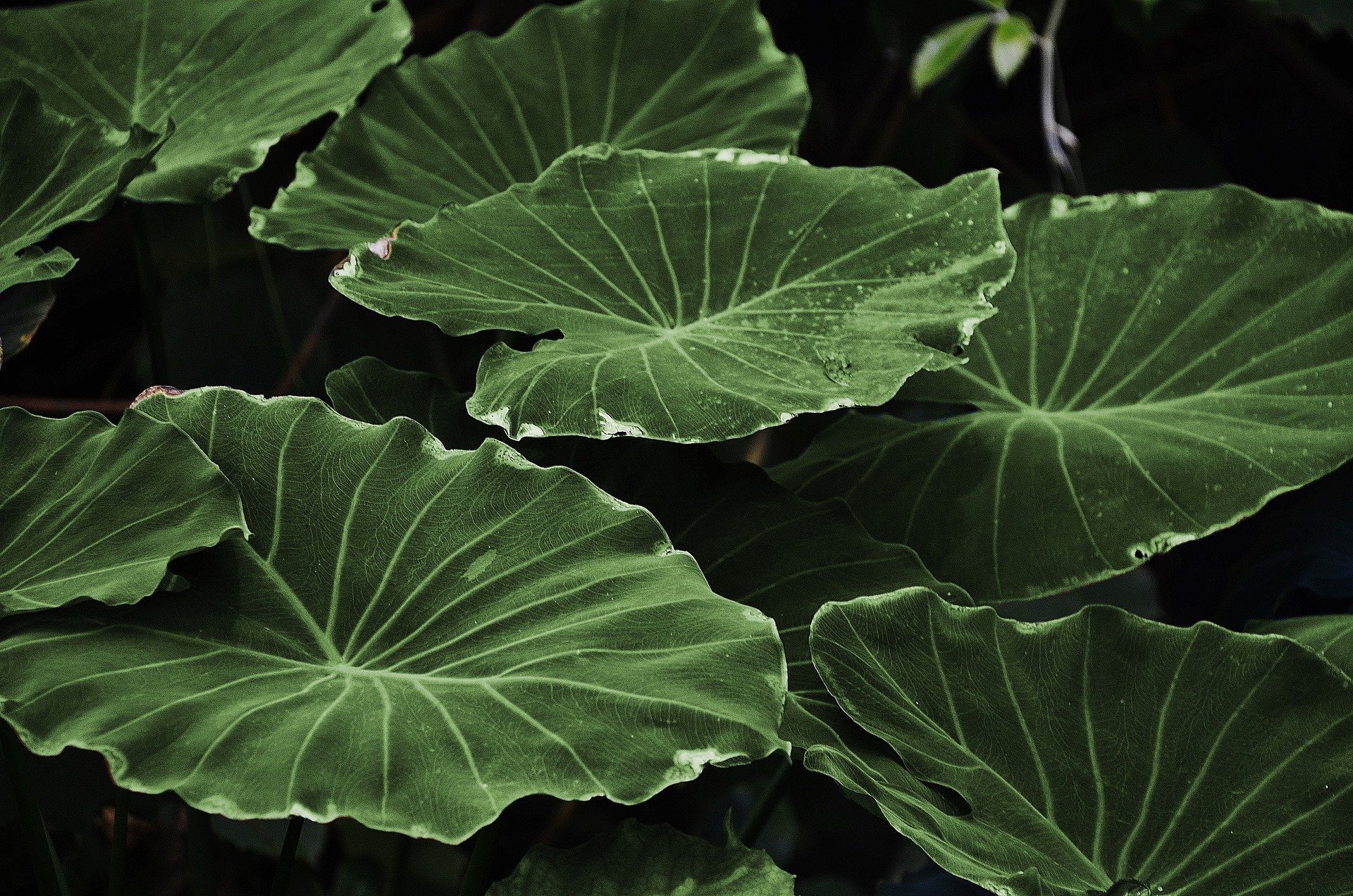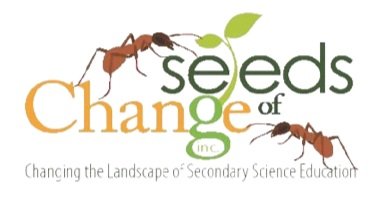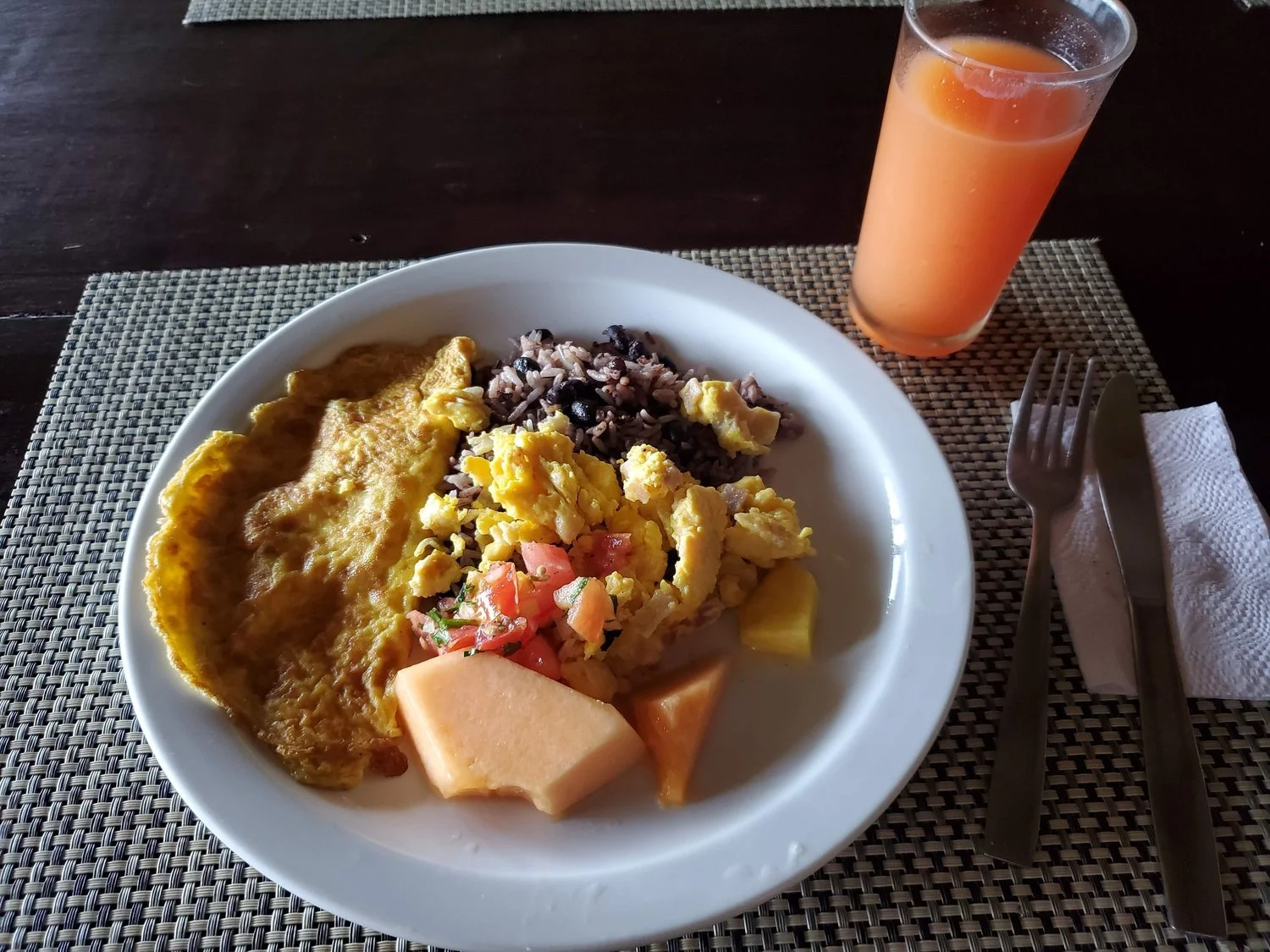
Tropical Field Research Program (year one)
The Tropical Field Research program prepares students for university-level science.
Our program provides students with the microbiological and computational biology tools required for antibiotic discovery and defeating antibiotic resistant bacteria.
Our programs are designed to help students:
* awaken the natural curiosity & inspire student’s pursuit of STEM-based careers
* develop real-world grit and resilience by trial and error in hands-on research
* collaborate effectively with peers in teams
* communicate professionally to an academic audience
* Learn and apply the most appropriate experimental designs:
* Learn and apply key statistical analysis techniques:
null and alternate hypothesis testing
positive and negative controls
Students have the option to earn three university credits.
Overall Itinerary:
Students arrive at the Liberia airport, have lunch nearby and travel to Finca la Anita in time for dinner and orientation.
They spend eight days designing and conducting original research experiments, then presenting the results to peers and scientists. Adventure excursions are interspersed throughout the program. They take a guided night hike, participate in a local cooking class, hike to swim under a waterfall, take a horse trail ride through two types of rainforest, and learn about cacao production.
Students finish (two days) on the Pacific coast to participate in nighttime sea turtle nesting patrols and daytime sea turtle workshops and beach cleanup. They will have time to enjoy the beach, including semiprivate surf lessons.
Off-site Adventures:
Participants get a healthy break from science to do nearby breathtaking activities like:
Hiking waterfalls and thermal pools
Horseback riding in rainforest
Cacao farm tour: chocolate from harvest to taste-tests
Guided night hike
Turtle nesting sweeps
Costa Rican cooking class: students learn how to prepare their own traditional meal!
Sea Turtle hatchery and beach patrols for nesting sea turtles.
Host Amenities:
We stay at Finca la Anita, an eco-tourism lodge and cacao farm located in a remote, rural town about 1.5 hours from the city of Liberia (https://www.laanitarainforest.com/en/)
The owners and staff are incredibly hospitable and responsive to all our needs. The food is delicious and is grown on site or is locally sourced. The kitchen staff routinely adapt to diet preferences (gluten free, vegan, and vegetarian to name a few) and allergy-related requirements.
Students stay in various size cabins (2-8 students) within earshot of teacher chaperones. Laundry services are available for a fee.

Bioinformatics (year two)
Students who have completed the Tropical Field Research Program have the opportunity to do the second year Bioinformatics program. For this program, registration is at https://www.soc-cr.org/bioinformatics.
Seeds of Change seeks to train young bio-science students in comparative microbial bioinformatics to give them a leg up in this burgeoning field. Bioinformatics has emerged as the primary tool used in life science research, yet there has been a “continuing deficiency in this essential expertise…fueling demand for bioinformatics training across all educational levels and career roles” (Attwood, 2017). Seeds of Change aims to fill this need in as many young bio-scientists as possible.
Students study microbial bioinformatics because microbes are central to all environments on the planet, drive biogeochemical cycles, and perform functions vital to all life forms through symbiotic relationships.
Overall Itinerary:
Students arrive at Liberia or San Jose airport, have lunch nearby and travel to Monteverde in time for dinner and orientation.
They spend 8 days developing and implementing their computational biology (bioinformatics) research projects. Adventure excursions are interspersed throughout the program. They will zipline through the cloud forest canopy, hike the Santa Elena Cloud Forest reserve, take a guided night hike, and learn about coffee production at a local family-run coffee plantation.
Students finish (2 days) on the Pacific coast to participate in sea turtle tagging and nesting patrols on the beach at night.
Host Amenities:
The Biology Station in Monteverde and an eco-tourism lodge within walking distance to the beach are two campuses SOC uses to house bioinformatics programs.
The campuses provide for all our needs. There are large classrooms with superb internet (needed for bioinformatics research), laundry service (for a fee), and a large dining area in both locations. The kitchen staff routinely adapt to diet preferences (gluten free, vegan, and vegetarian to name a few) and allergy-related requirements.



